The present work documents different aspects of the cultural heritage of the district of Bastar. While the varied lifestyles of the Maria and Muria Gonds, and other groups, have been the focus of considerable anthropological research, relatively little is known of the numerous temples that represent the establishment of the Nagvansi dynasty in the 10th century and subsequently that of the Kakatiya. The ruins of Bhongapal and Garh Gobrahin are estimated to be older and bear testimony to the transitory efflorescence of the Buddhist and Vaisnavite faiths. Their influence on the socio-religious structure of the indigenous population is reflected in the village shrines, highlighting an on-going process of mutual enrichment. In illustrating the most important places of worship, an attempt has been made to explore the intersection of traditions. The subtle interplay of cultural interaction through time renders it difficult to distinguish the 'folk' from the classical, indicating the need to review our concepts of Indian art. The myriad deities fashioned by the Ghadwa brass casters have poorly defined attributes which belie the fluid nature of the local belief system and the freedom of artistic expression. Although hollow casting is an ancient technique, the chemical analyses of selected brasses reveal the use of scrap metal, thus corroborating earlier findings. The quality of craftsmanship has inevitably declined in the face of commercialisation and the growing demand for mass-produced items. The element of continuity and change is also manifest in the raising of memorials to the dead whereby ancestors assume divine status, reinforcing in the process, the ties that bind clan members to their land. The ethnographic and archaeological perspectives of current practices have been examined.
Archaeology and History: Early Settlements in the Andaman Islands
This pioneering study is the ...
$31.50
$35.00

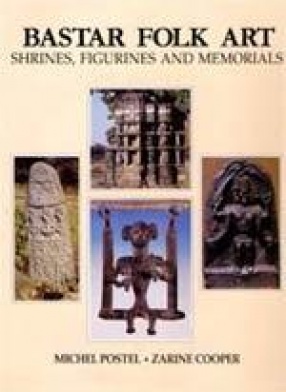
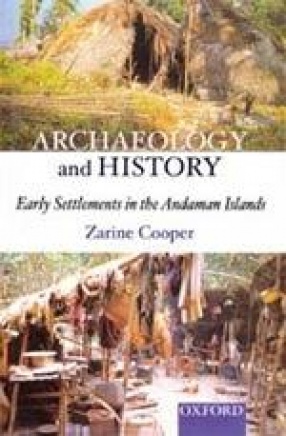

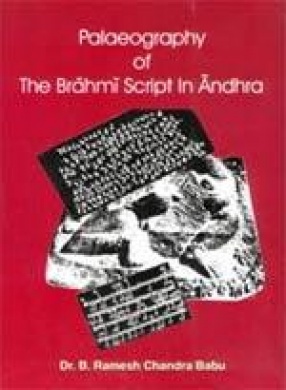
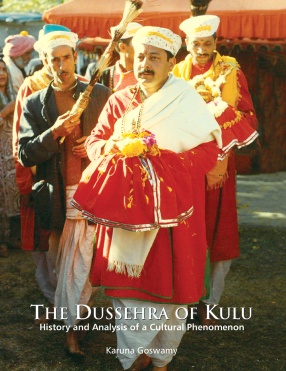
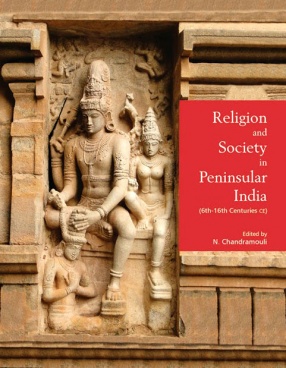
There are no reviews yet.